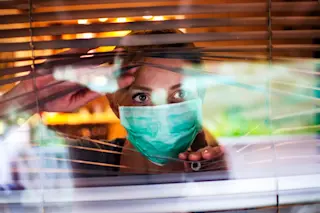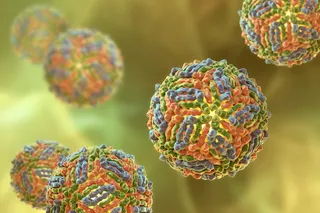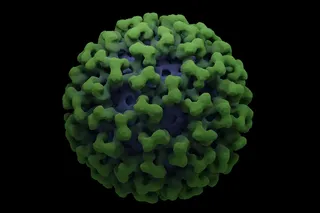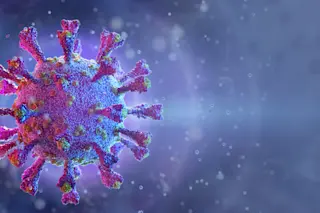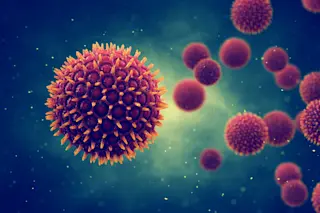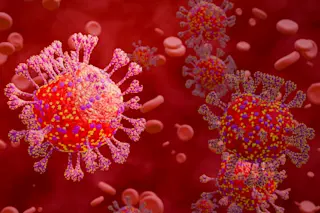If you listen carefully, you might hear a sigh of relief spreading across the country. Being fully vaccinated means eating at restaurants, hugging the grandkids, picking up your own groceries. At last, we can see normal life coming into view.
But the news is not so good for everyone, and that means things are not quite so simple for the rest of us.
The coronavirus vaccines have been astonishingly effective—for most people. But for those with certain conditions, those vaccines offer less—possibly much less—protection.
These conditions include cancers of the blood, bone marrow, or lymph nodes, congenital immune deficiencies, and infection with HIV. People on drugs that suppress the immune system also are likely to have a blunted response to the vaccine. This includes those with autoimmune illnesses, such as rheumatoid arthritis and lupus, as well as people who have had organ transplants.
The immune system includes several types of ...



